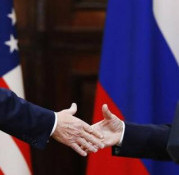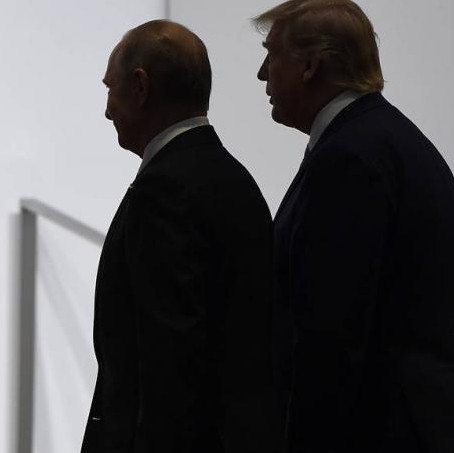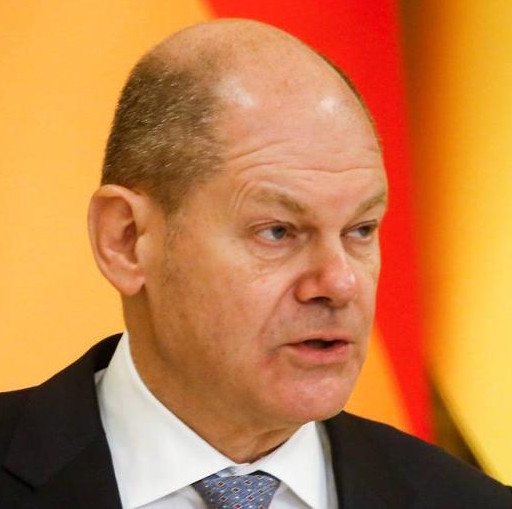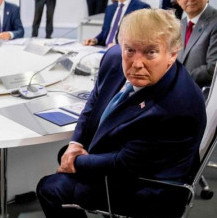A key subject of the dialogue was the US ABM defense or to be more precise deployment by the United States of its third strategic ABM defense system deployment area in Czechia and Poland. Unfortunately, as Russian Defense Minister Anatoly Serdukov emphasized at the final press-conference, “during the passed consultations the parties again failed to bring together their different views”. Both Moscow and Washington strictly adhere to their earlier declared stands.
The substance of the American stand is that the ABM systems will be deployed in Czechia and Poland in any case. In so doing, the US delegates insist that this system is vital for defense of Europe and America against Iranian missiles, and poses no threat to Russia.
Russia flatly opposes the US plans seeing a threat to its security and balance of forces in the region in this project. In the opinion of Russian experts, the American ABM shield in Europe is dangerous primarily because it will help Pentagon to intercept Russian ballistic missiles at the most vulnerable stage: practically at launch, and will nullify effectiveness of our strategic deterrence potential in particular modernized ICBMs Topol with all their cunning gadgets: split-up warheads, hypersonic velocities, discrete movements.
At the passed negotiations the parties tried to find a compromise, i.e. to elaborate an agreement based on mutual concessions. Nobody insists on abandoning the deployment of the ABM position area in Europe or joint control over the systems as Russia demanded initially, but Russia needs so-called mitigation of risk to its security and Russian-American relations from the US project.
During the talks the US side confirmed its stand with respect to the construction of the ABM systems in Czechia and Poland but simultaneously recognized reasonable concerns of the Russian side. In order to reduce the level of concern the Americans proposed to elaborate confidence-building measures within the framework of the project so that Moscow would be confident in its security regardless of the deployed ABM systems. In particular, the American party considers it possible to keep the ABM systems in Czechia and Poland inactivated until and unless solid evidence on an Iranian missile threat is received. In this context it is expected that until and unless the threat is confirmed the American GBIs will not be loaded in silos in Poland, and the radar in Czechia will be kept technically unable to monitor Russian territory.
In principle, should the United States fulfill its commitments, the concern of Russia may be relieved to a certain extent, and compromise could be reached. But unfortunately the concession of the Americans is expressed in words only, and may become invalid should the situation develop unpredictably in future. For example, today the USA and Russia found a compromise but tomorrow due to any reasons the trust contacts will fade out, and the relations will be strained again.
Besides, Russia already has an experience in relying on the word of honor given by the Western partners. We all remember that in the late 80s the US State Secretary and NATO Secretary General promised to keep the area of the Alliance within the borders of unified Germany, and said that the German border will be a final eastern boundary of the Alliance. What about these promises today? The West concluded that unless any particular agreements on this subject have been signed, there are no commitments too. It resulted in admission of Poland, Baltic countries etc. to NATO. Today they already speak on membership of Ukraine and Georgia in the Alliance.
Therefore all concessions of the USA in the context of compromise under the ABM project should be executed legally, and the Heads of the state should sign the respective agreements. Vice versa all these talks will remain again “just talks”, which may be forgotten about.
An important element of the ABM compromise is elaboration of a system of monitoring by Russian experts, which is not objected by both parties. Initially such monitoring by Russia was not on the agenda because it would allegedly prejudice the sovereignty of Poland and Czechia. Now such monitoring is desirable. Polish Prime Minister D. Tusk claimed that Poland may permit Russian experts to monitor construction and functioning of the US ABM base in its territory. Czech Premier M. Topolanek also claimed that in case of US radar installation in its territory Russian experts might get an opportunity to monitor this facility. In both cases nobody speaks on permanent attendance of Russian experts at the facilities that was initially insisted by Russia, but on occasional inspections within the framework of the adopted mechanism to be approved by the Polish and Czech governments in each particular case.
The time will show to what extent the alleged US, Polish and Czech concessions will be implemented. In any case as it was stated by the Russian Defense Minister at the press-conference on the results of the talks “the search of mutually acceptable conditions will be continued”. Russia is ready for a constructive compromise. It is for the United States to decide and act.









